Unleash your inner Gaul
Don’t be misled by the title. This book isn’t about swearing or euphemism. It comes from the long tradition of the English writing about French language and culture as if it were that of another planet – but with a certain amount of self-deprecation and lots of affection. Charles Timoney went to live in France speaking only a few remnants of his GCE French – and what he offers here is what he’s learned in the years since – working in the country and learning from his French wife and in-laws. You can avoid making the same mistakes, and even get to understand some of the slang, idioms, and puzzling anomalies which he writes about so amusingly.
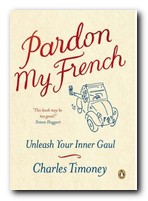 The entries are arranged in themes such as food and drink, travel, education, the office, history, slang, and the family. What you get is not only an explanation of linguistic oddities, but an insider’s glimpse into a foreign culture too. He explains how to survive in a French restaurant for instance, how to order steak well done and even ask for tap water, and why you should not call the waiter ‘Monsieur’.
The entries are arranged in themes such as food and drink, travel, education, the office, history, slang, and the family. What you get is not only an explanation of linguistic oddities, but an insider’s glimpse into a foreign culture too. He explains how to survive in a French restaurant for instance, how to order steak well done and even ask for tap water, and why you should not call the waiter ‘Monsieur’.
There are also warnings that gateau doesn’t always mean cake (more likely a biscuit) and how French vegetable names are used as slang insults (Banane = idiot)
Because the French (like the English) have a habit of changing and abbreviating words, this guide is useful for explaining the quasi-slang terms for everyday things – such as apéro (aperitif) DOM – TOM (former colonies) Bac (A levels). He also explains why people in the provinces refer not to Parisiens but to les neufs trois (ninety-three being the number of a particularly low-rated parisian département).
He explains why nobody in their right mind would use the full name L’aéroport Charles de Gaulle when they can more easily use it’s original name of Roissy.
Buried within all the jokes there’s actually a lot of useful information regarding French culture such as getting married, driving round roundabouts, where to sit in a football stadium, and the fact that French cinemas change their films on a Wednesday, not Thursday as they do in the UK.
There’s an excellent chapter on slang (Mec = chap) backslang (Meuf = girl) and even instructions on how to use Merde! politely. It’s the sort of book you read with a permanent smile on your face.
© Roy Johnson 2007
Charles Timoney, Pardon My French, London: Penguin, 2007, pp.233, ISBN: 1846140528
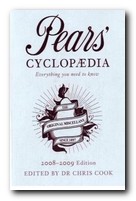
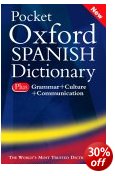


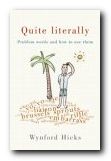

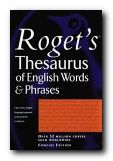
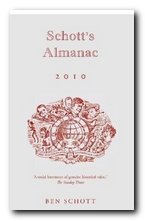
 Rather surprisingly, many of the early examples of word squares and double acrostics he discusses come from curse tablets which people believed were effective for anything from defeating fellow athletes in competition, to curing the bite of a rabid dog.
Rather surprisingly, many of the early examples of word squares and double acrostics he discusses come from curse tablets which people believed were effective for anything from defeating fellow athletes in competition, to curing the bite of a rabid dog.